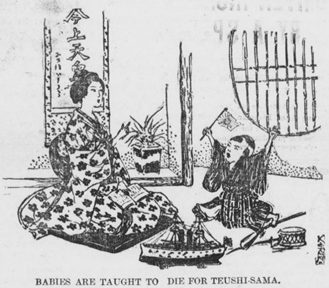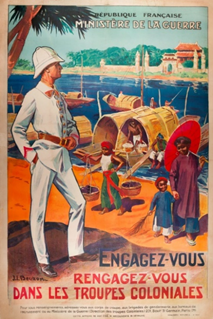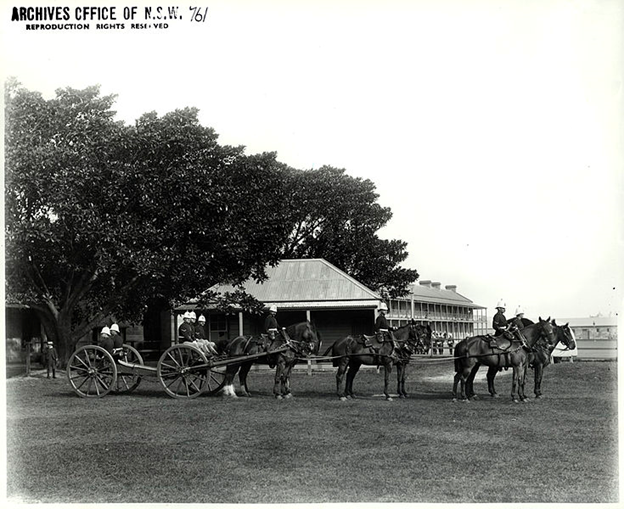Main Themes

Read: McNeill, “Why Study World History”
Read: Stearns, “Why Study History”
Although many of the major developments of the 20th century occurred within a global context, the first decade of the 21st century brought the reality of globalization into the public eye. Terrorist attacks on the World Trade Center and Pentagon on September 11, 2001, followed by wars in Iraq and Afghanistan as part of the Global War on Terror showed many people how closely connected the world had become due to the advent of widespread air travel, free trade agreements, and open borders. Where the HIV/AIDS epidemic showed many Americans the potential problems associated with easier travel to remote areas, the Ebola outbreak in 2014 brought it close to home when infected healthcare workers arrived in the United States for treatment.
These issues, combined with others, illustrate the challenges of an interconnected world. In 2007, the deaths of pets that consumed pet food containing contaminated proteins imported from China illustrated the potential problems inherent in a global food supply chain, while allegations of the use of slave labor in the seafood industry in Southeast Asia illustrated differing labor and human rights standards across the globe.
These events demonstrate the need for a broad approach to the study of history that itself is the result of vast changes in the organization of the world in the second half of the 20th century. The changes in patterns of trade, development of new technologies of communications and transportation, and political developments during the 20th century have created the world that we live in now. Understanding how our world came to be during the 20th century allows us to better understand the challenges and potential benefits of globalization in the 21st century.
Globalization is a historical process originating from the end of European domination of the globe. Europeans and North Americans had developed military and economic power, along with the organizations needed to wield that power starting during the 15th century, effectively allowing them to rule the disparate peoples of Asia, Africa, and the Americas through the middle of the 20th century. That dominance faded in the aftermath of World War II, as the destruction and strains of war weakened European governments to the extent that they could no longer exert power in their colonies when challenged. Japanese military success in the Pacific and Southeast Asia also had the effect of showing that European powers were not as invincible as they had seemed. European weakness combined with the rhetoric of liberty and freedom used by Western powers during both World Wars, and the challenge to liberal democracy posed by the Soviet Union, to encourage Asians and Africans living in European colonies to seek independence.
Nationalism

After the Napoleonic wars ended in 1815, European states sought to ensure that such destructive and widespread warfare would not break out again by creating a diplomatic system known as the Concert of Europe. This system, based on the principles of unity through loyalty to a monarch, ran counter to new ideas developed during the French Revolution – those of nationalism. Adherents to this philosophy believed that countries should be organized along ethnic lines defined by shared culture, language, and religion, and they denied the right of multi-ethnic states to rule over widely diverse groups of people. Nationalists also pursued the goal of having all members of an ethnic group live in a nation-state that governed all of them – this became the basis for German and Italian unification, as well as nationalist movements in Eastern Europe. The Austrian and Russian Empires were especially vulnerable to nationalist sentiment at the beginning of the 20th century, as Hungarians, Serbs, Poles, Czechs, Slovenes, and Greeks sought independence from Austria, Russia, and the Ottoman Empire. The Cold War superpowers exploited these identities, turning one group against another – often with disastrous results for the former colonies.
Read Macrohistory – The United States to 1914 (11 pages)
Read Macrohistory – Nationalism and Empire in Europe (7 pages)
Imperialism

By the end of the 19th century, Great Britain, Germany, France, Russia, the Netherlands, and the United States colonized about one-quarter of the world. Wherever they went, they carved out zones of European, or American, sovereignty and privilege. Although the quest for empire was nothing new, this new wave of imperialism reached truly global proportions. But this second wave differed not only in scope but in motivations too. When the Europeans ventured outside of Europe on their maritime expeditions in the 15th century they sought spices, slaves, gold and the spread of Christianity. This time their justifications for exploitation were different. Now, the white man sought to “civilize” native peoples, export his culture, language, institutions, with an attitude that all civilizations should be like his. By spreading their control, European and American imperialists believed they were bringing progress to the rest of the world. Also, some politicians believed that the possession of colonies was a necessary characteristic of a great power. The combination of national competition and ethnocentric ideas also meant that the concept of Social Darwinism became closely tied to imperialism and colonialism. Social Darwinists believed that “superior” races must dominate the others by military force to demonstrate their strength.
Read Macrohistory – “Turn of the Century Imperialism” (6 pages)
Read Macrohistory – “More Imperialism” (5 pages)
Militarism

Although the immediate cause of the outbreak of World War I was the assassination of Austrian Archduke Franz Ferdinand, stresses caused by the Scramble for Africa, nationalist fervor, militarism, and a complex system of treaties all played a part in the coming of the war. European leaders were consumed with how powerful they appeared, which made it easier to speak of going to war than the possibility of looking weak for not going to war. Others saw war as an opportunity to achieve goals such as attaining new lands in Russia and France. Internal dissent was rising in Europe. The unions were overpowering the government and could use strikes to force their hands. It is possible the statesmen used war to steer public opinion away from domestic problems. Militaries were growing at an astonishing rate. France had embarked on a rapid expansion of its military from 1911-1913, which increased tensions with Germany.
Read: “Macrohistory – The Balkans and the Path to the Great War” (2 pages)
Age of Extremes: History of the World. Films on Demand. 2012. Accessed October 30, 2020. https://ccco.idm.oclc.org/login?url=https://fod.infobase.com/PortalPlaylists.aspx?wID=151823&xtid=57513. 58:47.
“Age of Extremes, History of the World” [via Films on Demand]
If you get an error saying the video can’t be authenticated, use the link found in the title to view it.
References
Kohn, Hans. “Nationalism.” Encyclopedia Britannica. Accessed July 20, 2018. https://www.britannica.com/topic/nationalism.
